-
Dystopia, Apocalypse and Climate Fiction
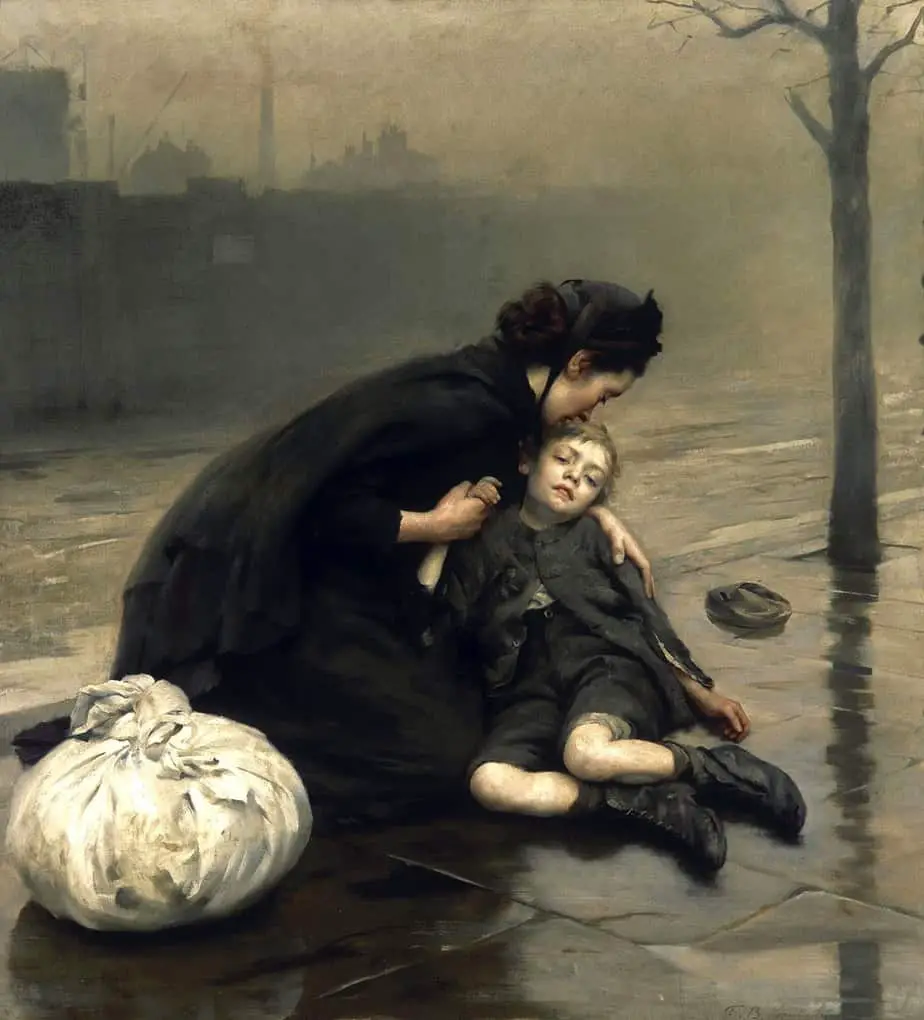
According to a large portion of the world’s population, humankind is already living in a dystopia.
-
The Study Of Film Equals The Study Of Picturebooks
In juxtaposing a series of pictures in order to imply the sequence of a story, picture-book artists act much as filmmakers do. Andre Bazin [film critic] suggests that montage, assumed by many to be the essence of film art, is “the creation of a sense of meaning not proper to the images themselves but derived exclusively
-
Happy vs Sad Endings In Children’s Stories
If you want a happy ending, that depends, of course, on where you stop your story. Orson Welles I want them all to have happy endings although I do realize this is not true to life. But I get attached to my characters and I don’t really want to do them in. And I think
-
Television Endings

It’s impossible to say anything about television endings without first drawing a sharp line down the middle of two very different narratives: The storytelling in each looks quite different. CASE STUDIES The Sopranos When I was talking to HBO recently, I told them about a big learning experience I had thanks to the finale of
-
Short Story Endings and Extrapolation

A key term in classical Chinese poetry is ju jue yi bujue (句絕意不絕) which means “lines that end but meaning that does not end.” This is a useful distinction, and a similar concept applies to many short stories. Staying in Asia, Japan also has a concept which applies to many types of short story endings:
-
Film Endings
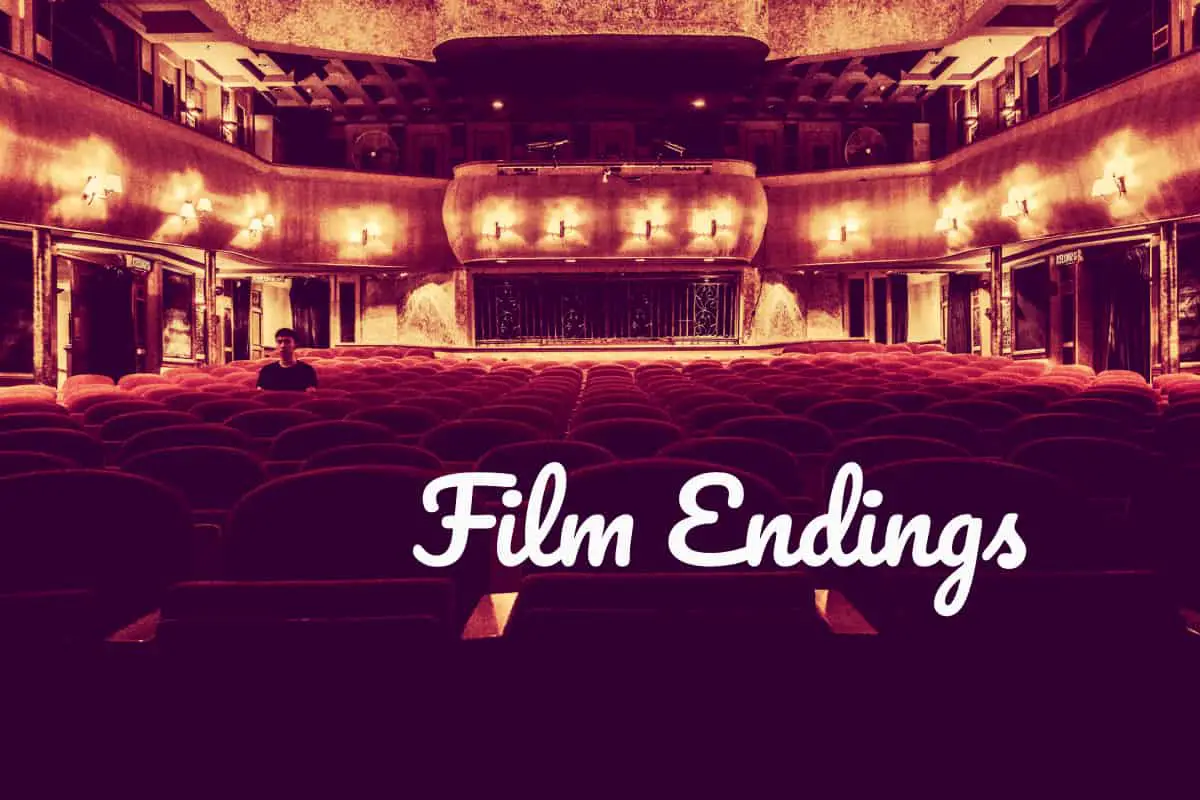
In general, film endings are no different from any other form of narrative. Films—more than anything, in fact—tend to adhere to storytelling structure. That said, there are a few misconceptions about film endings. HOLLYWOOD DOES NOT SELL HAPPY There’s this misconception that Hollywood movies generally have happy endings, and that a general Hollywood audience won’t
-
The Rainbow by Gary Crew and Gregory Rogers Analysis
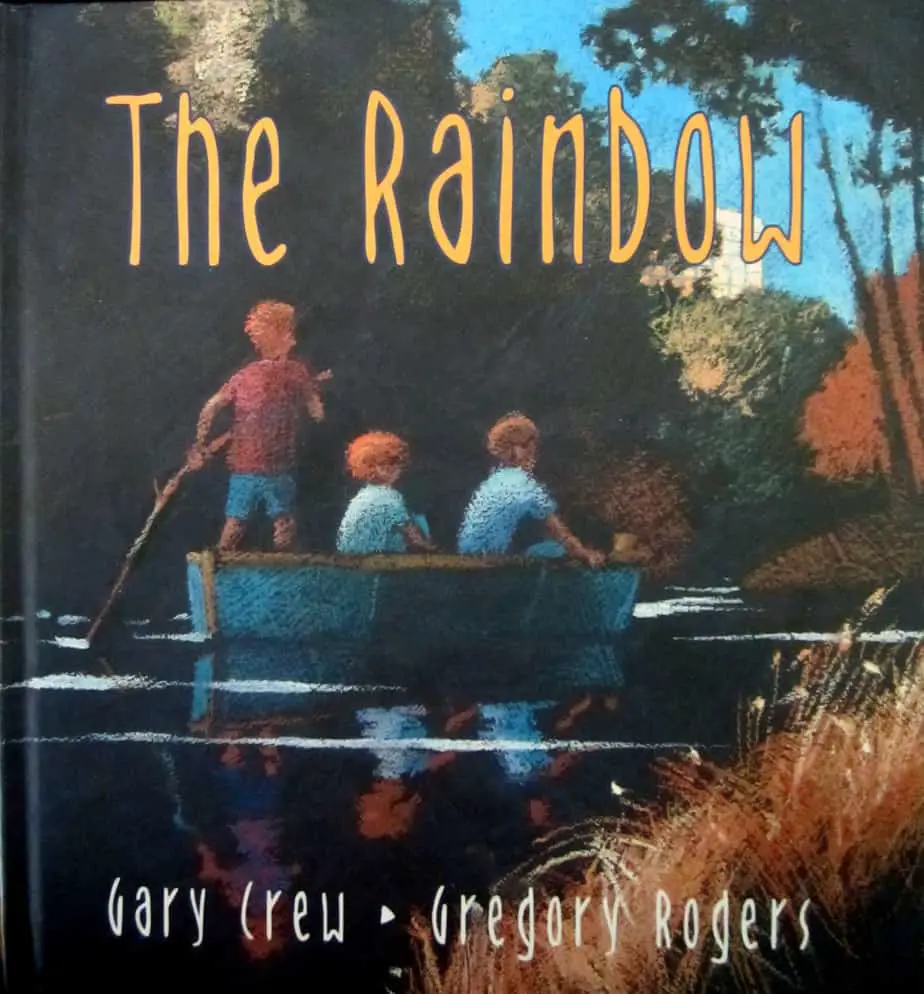
Published in 2001 by Lothian Books (an imprint of Hachette Children’s Books specialising in Australian tales), The Rainbow is an adventure story about three boys who find something gruesome in the wild. I was reminded a little of Stand By Me. This story is written from first person point of view, and the reader is therefore
-
How To Create A Fictional Setting

In stories, setting and character are inextricably linked. Setting affects character. Sometimes, the setting can be treated like one of the characters. What Is A Fictional Setting Made Of? There are many ways to break Fictional Setting into a taxonomy. Here’s a mindmap showing how I think of it. PERIOD — a story’s place in
-
Books For Grown-ups With Illustrations
Christopher Howse at The Telegraph asks why books for grownups don’t have illustrations anymore, and says some very interesting things about the work of Julia Donaldson, but offers no answer about lack of illustrations in adult literature. Instead, commenters offer up a variety of books for adults which are indeed illustrated. To save you wading
-
Apples In Art And Storytelling
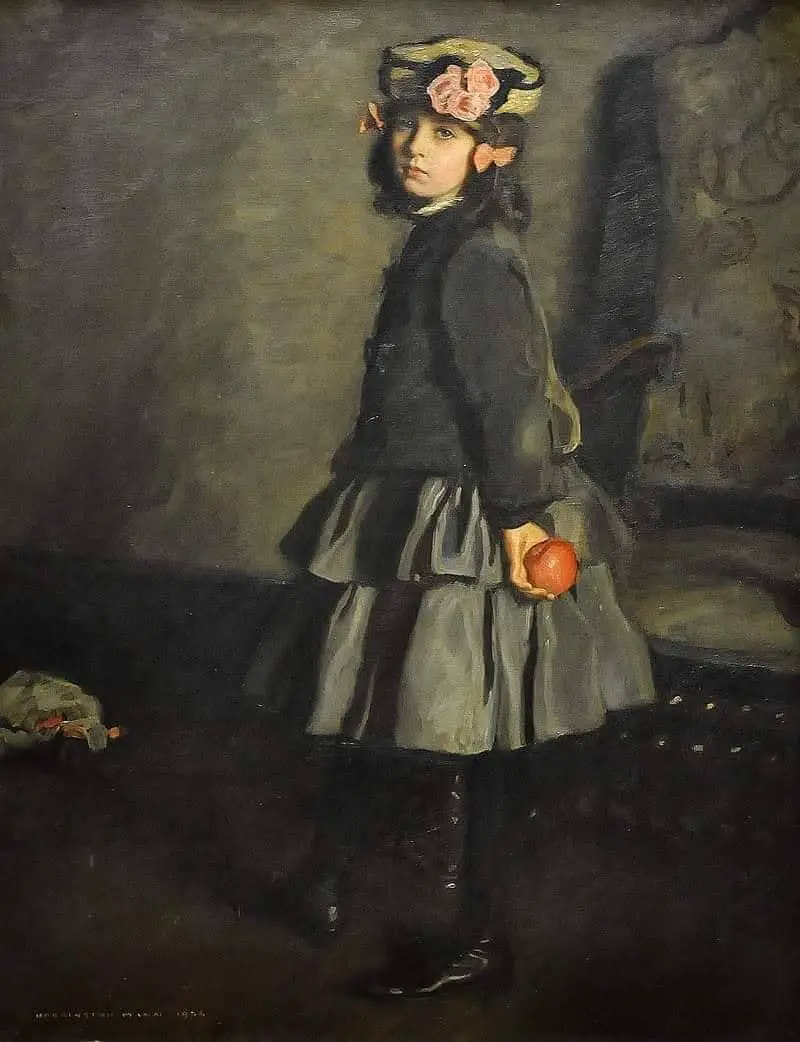
In Judeo-Christian tradition, we have the story of the Garden of Eden. Eve tempted Adam with it. Was it an actual apple, like you’d buy at the supermarket today? In this case, ‘apple’ probably stands in for fruit, which metaphorically stands for temptation of any kind.
-
Historical Realism In Children’s Literature
Historical fiction for young people…follows in the footsteps of the adult historical novel, the only difference being that it often chooses a hero of its readers’ age, who has a mentality and psychology close to those of our children and teenagers. Thaler, 2003, Understanding Children’s Literature The belief in historical fact qua fact is if
-
Picturebook Study: Colour Analysis
Colour is a language.
-
Social Issues In Realistic Children’s Fiction
In Sweden, a critic has coined the notion of idyllophobia, a fear of presenting the world of childhood as idyllic. Children’s and juvenile literature becomes more and more violent, not necessarily in actual depictions of violence, but in the general attitude toward the essence of childhood. The narrative strategies which writers use, most often the
-
Is it possible to elicit a love of reading in children?
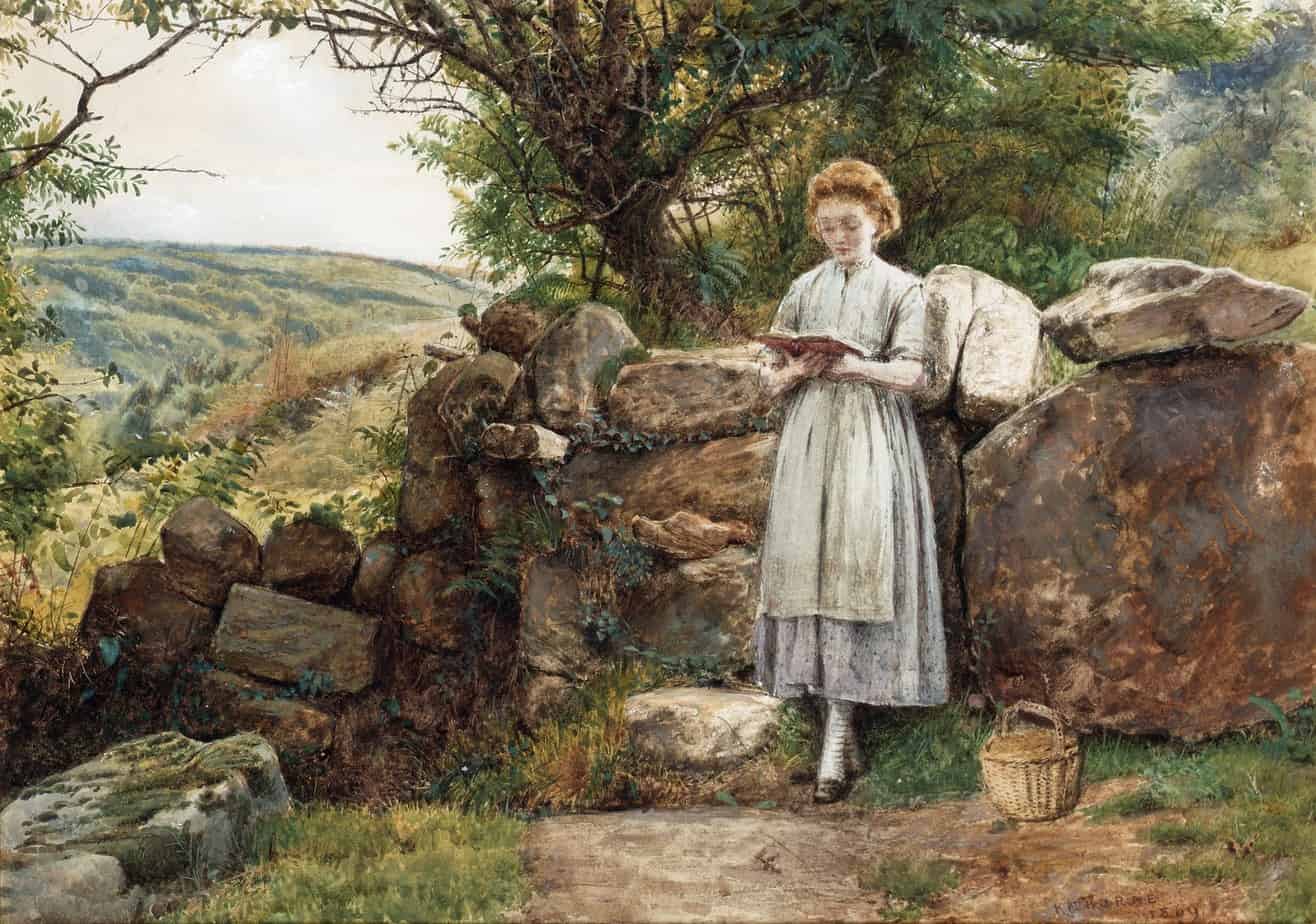
Anyone who sends their kid to piano lessons or any other kind of lesson has probably wondered this: At what point will I allow my kid to give up this pursuit if they’re not enjoying it, or actively resisting? Time Ideas has an interesting article about the science of interest (which I didn’t know was
-
Fantasy In Literature For Children
The following notes on Fantasy in Children’s Literature are from lecture by Prof David Beagley, La Trobe University, combined with my own thoughts. People in the children’s book world ask…’Is it suitable?’ ‘Is it the right age level?’ ‘Is it about a contemporary problem?’ These are important questions, but not of primary importance. The primary